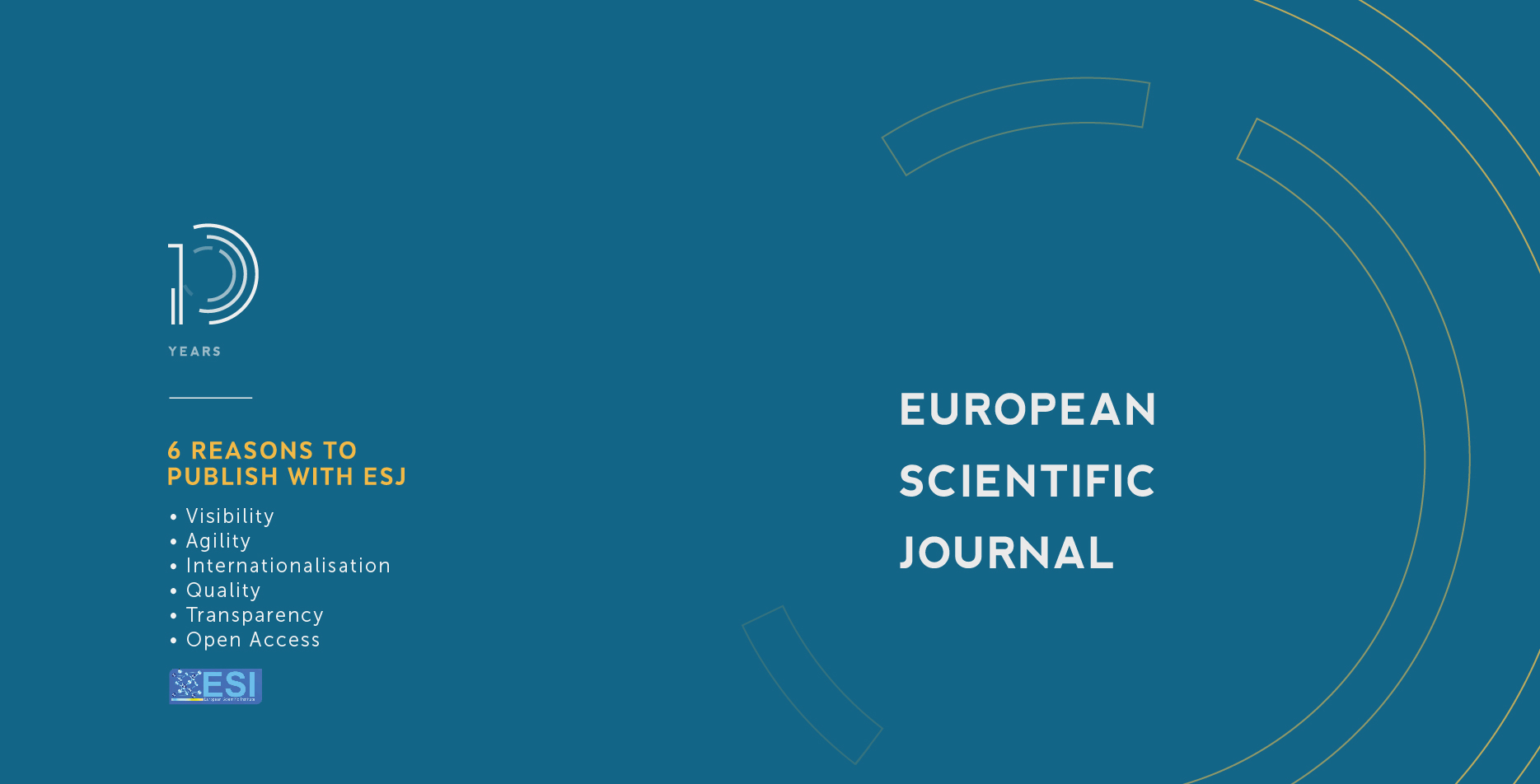Contribution De L'apprentissage Automatique Et De La Fouille De Textes À La Construction De Systèmes D’information Pour Exploitants Agricoles
Abstract
Les systèmes agricoles vont des techniques intensives aux interventions minimalistes, en passant par le semi-direct. Ces systèmes supposent une connaissance précise des pratiques agricoles par les exploitants et les techniciens. A cela, s’ajoute la maîtrise des nouvelles technologies, le contrôle des resistances aux traitements, l'acquisition des connaissances sur les variétés de semences, l'impact sur les sols, etc. Toute cette masse d'information est disponible sur internet : dans des articles scientifiques, des forums de discussions, dessites web spécialisés et lesréseaux sociaux. Ce sont des informations sous format texte, généralement mal structuré. L'objectif de ce travail est de donner une vue générale de la recherche sur la fouille de données textuelles en agriculture. Il présente les principales méthodes permettant l'extraction d'informations pertinentes et teste la fouille sur des données de Scopus, de Twitter et d'un site commercial spécialisé en produits agricoles. Un exemple de classification de données est détaillé, via les algorithmes d'apprentissage automatique. Le code informatique pour réaliser cette revue est sur Python.
There are several techniques used in agricultural systems, from intensive to minimum intervention, no-tillage, and organic methods. Those systems suppose that the farmers have a precise and continuous knowledge of the methods used. Furthermore, the expertise of those new technologies, the control of the treatment resistance, the gain of knowledge on seed varieties and impact on the soil are aspects that should be taken into consideration by farmers who have to keep an eye on the novelties. All those information are available on the internet, in scientific publications, discussion forums, specialized websites, and social media. Resulting from the disorderliness of those text information, the goal of this work is to provide a global view on textual data mining for agriculture. It presents the main methods in extracting relevant information and tests it on data coming from Scopus, Twitter and a website for agricultural products, to illustrate the technique used. Coded in Python, this work provides an example of data classification via machine learning tools.
Downloads
PlumX Statistics
Copyright (c) 2020 Ines Abdeljaoued Tej

This work is licensed under a Creative Commons Attribution-NonCommercial-NoDerivatives 4.0 International License.








